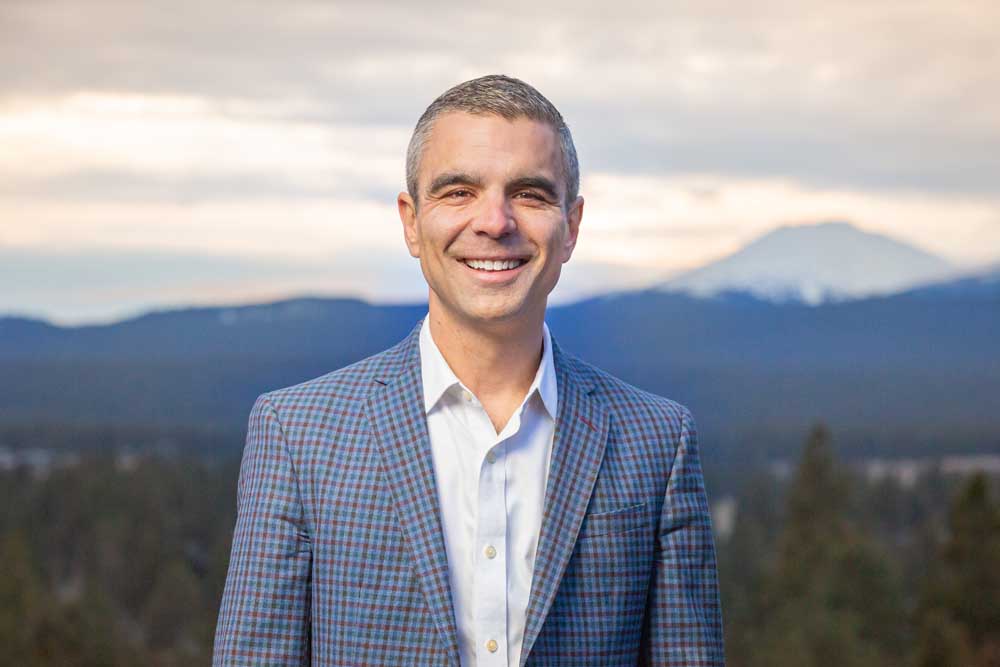Guest Column: Winston Churchill’s COVID-19 lessons
Published 9:15 pm Sunday, December 13, 2020

- Broadman
In 1942, in the middle of World War II, Winston Churchill told Britons, “Now this is not the end. It is not even the beginning of the end. But it is, perhaps, the end of the beginning.” As we face the challenges of this pandemic, we should heed his words.
While the arrival of vaccines brings hope, the pandemic is not over. Continued vigilance, social distancing, and wearing masks will lead to fewer restrictions on small businesses and schools—and, along with the vaccine, ultimately lead to victory over this disease.
Churchill, born in 1874, was flawed. Among his vast writings, he espoused racist beliefs. He should be held accountable as an historic figure for his role in the harm caused by the United Kingdom under his leadership. But we can also learn from leaders who shepherded their nations through the darkest hours.
First, Churchill emphasized the importance of action, even if there was a risk of mistakes. He once said, “I never worry about action, but only about inaction.” While he was known for his oratory and writing, arguably the most important of his leadership tools was his demand for action. He was not limited by a fear of making mistakes; he made many. His early career was marked by military failures in World War I. Despite his mistakes and flaws, he saved the world from fascism.
We need leaders who choose action first and build smart, science-based policies to move forward. From President Trump on down, leaders have often failed to act at all out of a fear of setting the wrong policy. But we can learn from those mistakes and take action toward victory, just as Churchill did.
Churchill would have derided the failure of many leaders (mostly men) to model good behavior out of vanity. As Erik Larsen wrote recently in The Splendid and the Vile, one of Churchill’s most endearing traits was his complete absence of personal vanity. This was a man who greeted other leaders in the nude. He wore pink silk underwear. He was prone to public tears. This was also a man who routinely asked Britons to sacrifice for the common good in the form of their lives, rationing, and comfort. Imagine the scorn he would have heaped on people whining about physical distancing or face coverings.
Instead, like many doctors, front-line workers, and scientists today, he would have encouraged us to buckle down, set aside vanity and discomfort, model grit, and take the collective action necessary to protect our neighbors.
Churchill understood the value of working with political rivals against a common enemy. He famously founded the Other Club, which included leaders from both sides of the aisle. He understood that to govern, civic communication is critical even with those with whom you disagree vehemently. We can all learn from the Other Club. Picking up the phone to call a Democrat does not make you a Marxist. Having an IPA with a Republican doesn’t make you a sellout. To navigate the next dark months successfully, we need to work together and find common ground.
The arrival of the vaccine is not the end of the COVID-19 pandemic. We will still lose many more people. But it is, perhaps, the end of the beginning. When Churchill gave his famous speech in 1942, there were still years left in World War II. Hardship still lay ahead, and many lives were yet to be lost. As we work now to keep each other safe, and look for leadership across the nation and locally, let us consider what Churchill would tell us today about the toil, sweat, and tears to come: “Let us go forward together with our united strength.”
Do you have a point you’d like to make or an issue you feel strongly about? Submit a letter to the editor or a guest column.



